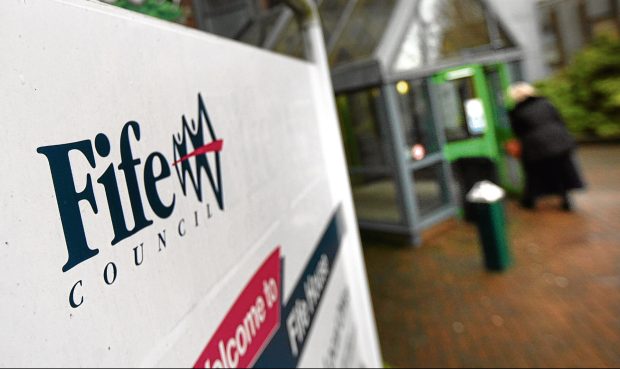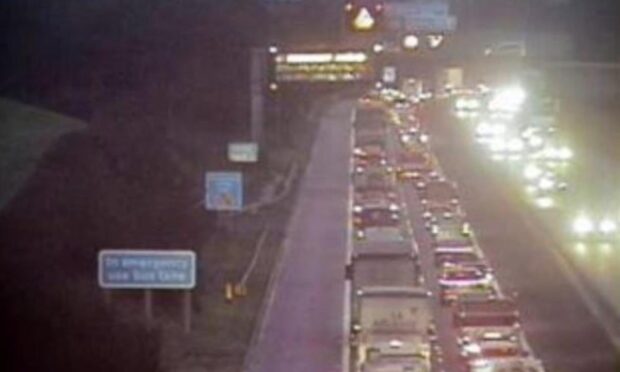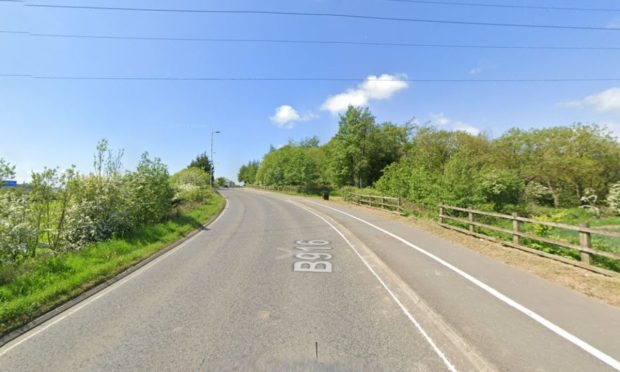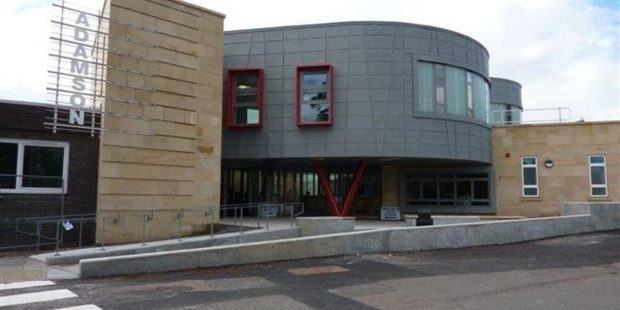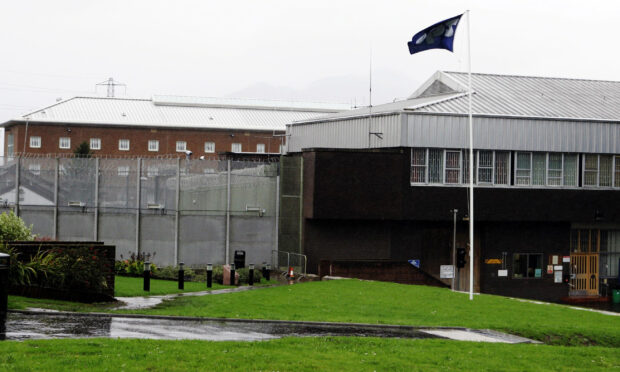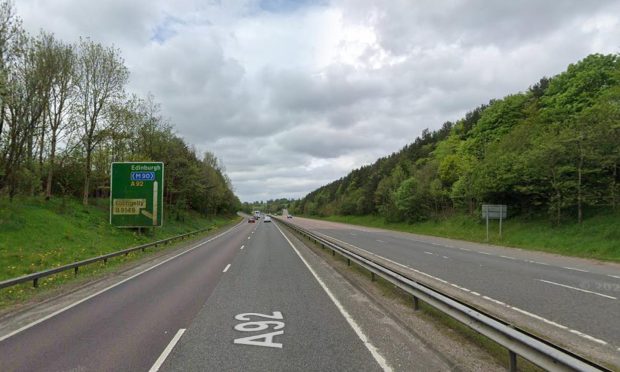The work of Fife councillors will be literally thrown into sharp focus later this year when meetings are broadcast live on the internet, The Courier can reveal.
The pilot project, which has been agreed by cross-party leaders, aims to encourage wider public awareness and involvement in council business by live streaming proceedings, as well as increase the local authority’s transparency in relation to decision-making.
Initially only the Glenrothes area committee and full Fife Council meetings will be shown, while the use of a mobile broadcasting service will also test whether or not the technology could add value to community engagement.
However, if that proves successful, cameras could well become a fixture in all Fife Council committee meetings moving forward.
It is understood that the full Fife Council and Glenrothes area committee meetings will be broadcast online following the summer recess in August or September — although two trials will take place before the system goes fuly live.
Offline technical testing will be carried out on May 2 and 3, before the local authority intends to broadcast the Glenrothes area committee of June 13 and the full Fife Council gathering on June 28 to invited audiences only.
The move towards webcasting has been warmly welcomed by cross-party leaders and many elected members, although strict protocols and privacy assessments will have to be followed by councillors and affected council officers before they can participate.
One elected member who has long been calling for the move, Conservative East Neuk and Landward Councillor Linda Holt, described the latest development as an “all-out good thing and long overdue”.
She noted: “Westminster, Holyrood and plenty of other councils broadcast their proceedings because it is an essential tool for being transparent and accountable to the public in the 21st century.
“Fife Council should have been giving the public video access to their meetings years ago.
“Knowing the public are watching, and that any clip could become an internet meme, should encourage councillors to up their game, improving both behaviour and standards of argument in debate.
“Broadcasting will enable the public to better appreciate what their elected members can and can’t do.
“Ultimately it will give Fifers a wealth of new opportunity to engage with Fife Council and the issues which affect them.”
Cross-party leaders were given an update in February on the arrangements – including practicalities, film quality and time-delay – and confirmed the timescales for delivery of the pilot.
Existing technology will be used where possible to limit costs, although cameras costing around £1,000 each and additional equipment are likely to be required.
Trade unions have also been consulted, and any employees with specific concerns have been urged to discuss them with their line manager.
The use of the internet to screen meetings has been used by local authorities elsewhere across the UK, although only this week one council, Norfolk County Council, voted against live streaming proceedings amid fears over equipment quality, privacy and confidentiality.
In Fife’s case, it is understood there is to be a built-in 30 second delay, with the Provost or committee member able to terminate meetings if there is any public disturbance, defamatory statement or any rights infringments.
No exempt or confidential agenda items will be webcast either and Fife Council will hold the copyright, with all webcasts expected to remain available on the council’s website for 90 days.
